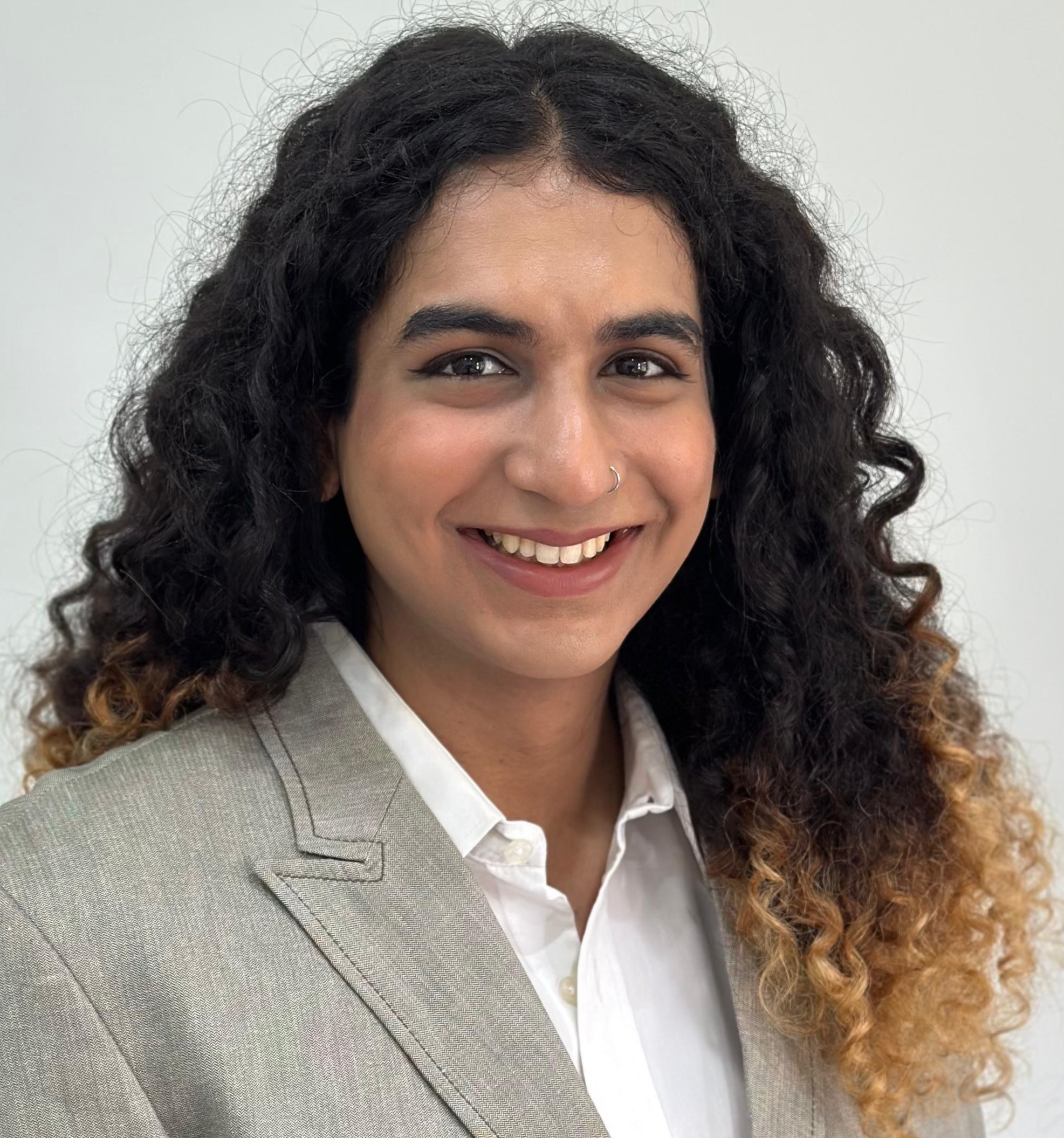Insights
Jun 20, 2025
The Problem with “Where Are You Really From?”: How to Respond to Microaggressions at Work


It happens more often than you’d think. You’re at a team coffee break, or chatting after a meeting, and someone turns to a colleague from an ethnic minority and casually asks, “So… where are you really from?”
To some, it’s just small talk. To others, it’s a loaded question that stings. It signals you don’t belong here the way we do. For many people from ethnically diverse communities and those from migrant backgrounds across workplaces in Ireland (and beyond), this question pops up far too frequently. So, how can we handle these uncomfortable moments with care? Whether you witness it or experience it yourself, here’s how you can respond with genuine thoughtfulness.
Why is it even an issue?
Fair question. On the surface, it can seem innocent. But it subtly suggests the person is an “outsider” despite their full participation in Irish life.
Social psychology research tells us these small, subtle slights, known as microaggressions, can build up and harm people’s well-being and sense of belonging (American Psychological Association, 2019). Inclusion is about intent vs. impact. Even if someone didn’t intentionally mean harm, it can still feel alienating to the other person in terms of the experienced impact.
Scenario: You hear it happen
Picture this. You’re in a meeting. A colleague leans over and asks Amir, who has lived in Dublin his whole life, “Where are you really from?” You notice Amir go a bit quiet. Awkward.
What do you do?
1. Call it in (not out)
Don’t let it slide, but don’t go in too heavy either. Redirect the conversation gently:
“Haha, Amir’s been in Dublin longer than most of us! Let’s chat about something a bit more work-related?”
You’ve taken the pressure off Amir, steered things back on track and modelled a better way.
2. If you’ve asked it yourself
Hey, we’ve all said something clumsy at some point. If you realise later you’ve slipped up, own it:
“I was thinking back and realised my question might have come off as intrusive. I didn’t mean to make you uncomfortable, sorry; I appreciate your understanding.”
People respond well to honesty and humility. In fact, research in the International Review of Social Psychology has shown that sincere apologies can help rebuild trust.
3. If you’re on the receiving end
You don’t owe anyone an explanation, but here are a few ways you could respond depending on what feels right for you:
- Set a clear boundary:
“I’m actually from Ireland. I’d rather talk about something else, thanks.”
- Deflect with humour:
“Ah, yes, the far-off land of Cork…”
- Educate (if you feel safe):
“I was born here, but my family background is Egyptian. I get asked that a lot. Not going to lie, it can sometimes feel like I’m being treated differently.”
4. Keep the wider conversation going
Managers and DEI leads, this is your chance to normalise learning:
- Avoid commenting on names, accents, or appearances.
- Don’t assume background or heritage based on someone’s last name.
- Encourage colleagues to connect over common ground: shared goals, work wins or just weekend plans!
Progress, not perfection
None of us will get this right 100% of the time. The key is to stay open, keep learning, and approach each conversation with compassion. At GORM, we believe the goal is simple: focus on who someone is and on their personhood, not where you think they “should” be from. That’s how we start building workplaces where everyone feels like they belong.
Ready to embed cultural diversity and intercultural competence into your organisation’s DNA? Join the waitlist now for GORM’s Unified Business Programme, a structured journey towards lasting inclusion and stronger teams ✨

.png)